What is the normal range of blood pressure and what do I need to be aware of after I reach the age of 60?
After a person reaches 60, the normal range of blood pressure in our country is still systolic blood pressure of 90 to 140 mm Hg, and systolic blood pressure between 60 to 90 mm Hg. If the blood pressure is not high at the age of 60, continue to adhere to a healthy lifestyle in daily life. That is, the four cornerstones of health. First, nutrition in eating, coarse and fine mix of staple food, low sodium, low oil and low sugar diet, vegetables and fruits every day, meat, eggs and milk to ensure that the body needs. Second, quit smoking and limit alcohol. Third, moderate exercise, three or five times a week, more than 30 minutes each time, mainly aerobic exercise. Fourth, psychological balance. Timely adjustment of bad mood. If you already have high blood pressure, in addition to continue to maintain a healthy lifestyle, according to the blood pressure, under the guidance of the doctor, take antihypertensive drugs reasonably.
According to China's hypertension guidelines: the normal range of blood pressure for adults (including, of course, the elderly after the age of 60) is generally 90 to 140 mmHg systolic, and 60 to 90 mmHg systolic, but specific to different age groups, the individual blood pressure target values are different.
According to our cardiology medical guidelines
(1) Age ≥ 65 years and blood pressure reduced to < 140/90 mm Hg is optimal;
(2) Age ≥80 years, a decrease in blood pressure to <150/90 mm Hg is considered normal because systolic blood pressure generally increases and lower blood pressure decreases with age, although it is preferable if blood pressure decreases to <140/90 mm Hg;
(3) Elderly patients assessed as debilitated are considered normal with a blood pressure <150/90 mm Hg, but try to maintain a blood pressure of not less than 130 mm Hg.
,In conclusion, whether it is a normal person or an elderly patient with damage to target organs such as the heart, brain and kidneys, a blood pressure of <140/90 mm Hg is optimal, but the prerequisite is that the elderly person does not have any discomfort, and even if the blood pressure is a little low, it is not a big problem.。
Elderly patients with high blood pressure should be aware of this:
1. With regard to the principles of drug use, this version of the guidelines still follows the principle of starting with small doses to lower blood pressure steadily; if the effect is not satisfactory, consider combining multiple drugs, gradually reaching the standard and lowering blood pressure individually.
2. Electronic sphygmomanometers should be used in the home and are most accurate for measuring blood pressure in the upper arm; they should be calibrated once a year.
3. Since the measurement values may differ from those in the clinic, it is recommended that measurements be taken once a day in the early morning and once in the evening, with two to three measurements taken each time, and the average value taken. Measurements should be taken for 7 consecutive days, and the average of the last 6 days of measurements should be taken as the average value to calculate the average blood pressure level of the patients.
4. Stabilized blood pressure can be measured once a day.
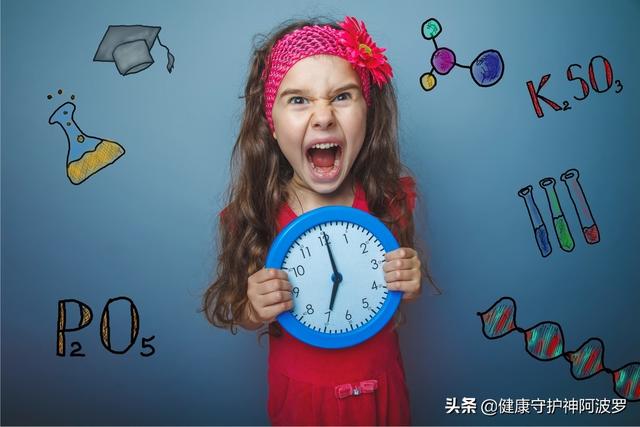
In addition to regular medication, attention needs to be paid to diet and lifestyle improvements
(1) Reduce sodium intake and increase potassium intake. The standard daily salt intake is <6 g, and increasing potassium intake while decreasing sodium intake in the elderly can reduce blood pressure.
2) Reduce fats and saturated fatty acids, and increase the intake of unsaturated fatty acids.
3) Increase dietary fiber intake. Dietary fiber is found mainly in fruits, vegetables, and grains, so older people should be encouraged to eat more of these foods.
4) Quit smoking and limit alcohol consumption. This version of the guideline points out that it is necessary to completely quit smoking, as secondhand smoke is also a cause of hypertension. Alcohol intake should be <25 g per day for men and <15 g per day for women, equivalent to <50, 100, and 300 mL of liquor, wine (or rice wine), or beer, respectively.
(5) Appropriate weight reduction and regular aerobic exercise. Regular aerobic exercise. 30 minutes of physical activity 5 times a week is important to maintain weight and health.
(6) Maintaining psychological health, emotional stability, willingness to communicate with others, and the absence of anxiety and depression are also essential factors in controlling hypertension.
What is the normal range of blood pressure after a person reaches the age of 60? What do I need to pay attention to?
People's blood pressure rises to varying degrees when they reach their sixties. I am in my sixties. Some time ago in the annual physical examination found his blood pressure value is, systolic blood pressure is 145mmHg, diastolic blood pressure is 95mmHg, I was surprised to ask the doctor who examined me: "My blood pressure is high?", he smiled and replied: "As the sixty-something years old, this blood pressure value is 145mmHg, diastolic blood pressure is 95mmHg. , he smiled and replied, "As an old man in his sixties, this blood pressure value is not high, but there is no systolic blood pressure 120mmHg, diastolic blood pressure 80mmHg normal." Therefore, the doctor did not advise me to take antihypertensive drugs, saying that this value of my blood pressure is approaching high blood pressure, without the need for medication to lower blood pressure. I was advised to go home:
One is to improve your lifestyle by eating less large fish, fish roe and animal offal, less salt at each meal, and quitting smoking altogether.
Second, eat more fruits and vegetables, soy products, and live a light life.
Third, appropriate exercise, no less than half an hour of aerobic exercise every day. Promote blood circulation.
Fourthly, it is happy and pleasant, reduces stress, prevents anxiety, removes worries, broadens horizons and cultivates emotions.
I went home and followed the practices described by the doctor to maintain my health, and after six months, I saw great results, and my blood pressure returned to basically normal, with my systolic blood pressure dropping to 130mmHg and diastolic blood pressure dropping to 90mmHg.
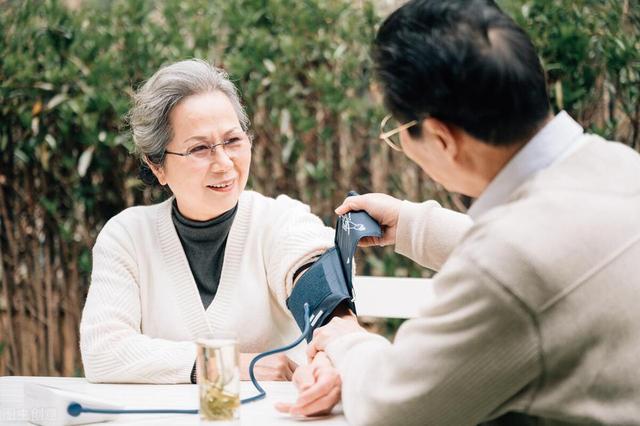
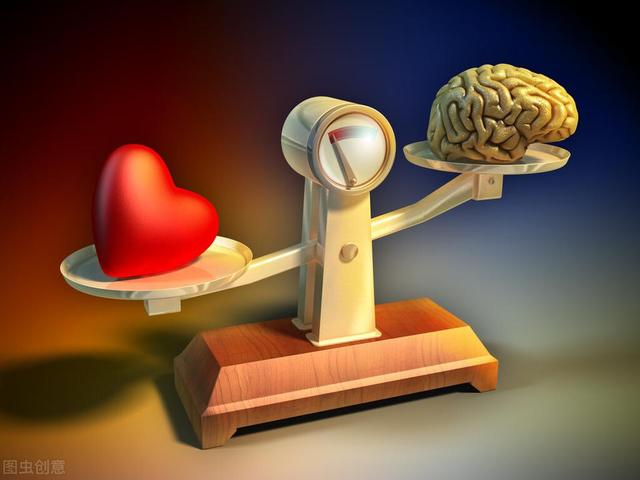
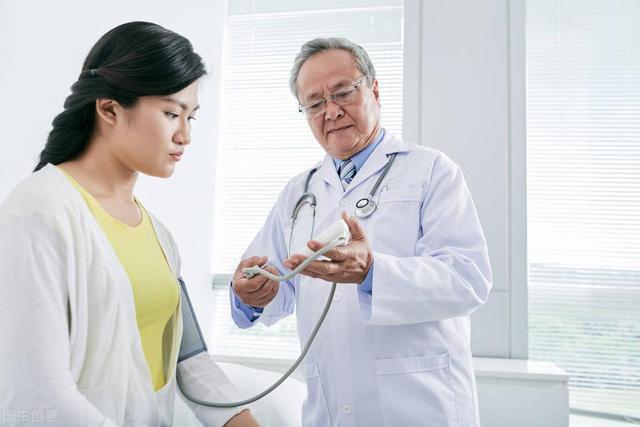
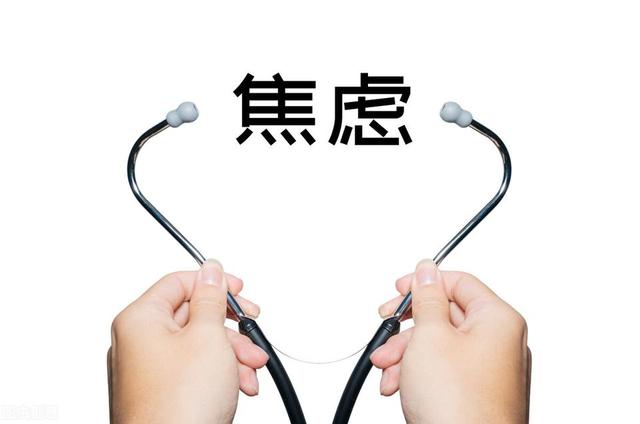
After sixty, blood pressure, low pressure about 80, high pressure does not exceed 140, that is normal. People over sixty years old, we should try to eat less meat and fish, eat more fresh vegetables, staple food should be appropriate to eat some coarse grains, not just eat fine grains.
Plain to moderate physical exercise, such as playing tai chi, practicing five bird play, or health six words and so on. The older you get, the more you can't be lazy, as long as a person is lazy, it's completely played out.
I think the normal range, high pressure 120, low pressure 80, is the most normal, because I'm 70 years old, and my blood pressure has always stabilized at 120 high pressure, 80 low pressure, and
When a person reaches the age of 60, the main thing is to eat, make sure you organize it properly, stay off medication, and control your disease with your life, the
When I was young, I especially liked meat. I had dried rice and braised pork, and I couldn't get enough of it.
Not anymore. I'd love to fry a table, sit there and eat slowly. Who wouldn't want to take a bite out of life, you know?
Seriously, I'm too old to eat, if you've been sick, you must know, people get sick, the heart is afraid of ah, spend how much money, not to mention, but also do not know this life, is dead or alive.
I went through a serious illness and completely woke up to the fact that eating, you have to be careful, never eat or drink indiscriminately, it's easy to eat in, take it out, it's too hard.
The living, this mouth, it's not easy to control. Who doesn't want to eat better, who doesn't want to eat more.
No, people are getting old, their digestive function is declining, if they eat well, if they eat too much, they can't digest it well, they can't even eat more than half a bowl.
Eat more, the stomach is particularly difficult, half a day without hunger, not hungry, in the heart blocked, blocked very difficult, the
In saying that life is high, the three highs, the rich and famous, find you, it's a pain in the ass.
When people get old, who wants to get fat? When people get fat, cats can't get down. It's too much effort to walk.
When a man reaches 60, it is said that it is hard to buy old age to be thin, and this is true, a thousand times over.
You're thinner, you're more mobile, you're relaxed, you're not tired.
If a person gains weight and is covered with flab, wherever we go, this flab gets tired and we will have trouble moving around.
Some people say that disease comes from eating. It makes sense. When you're old and you eat a lot, he doesn't grow meat, he grows what, the
Physical health, is caused by all aspects of the body, some people have back and leg pain, people are old, to pay attention to the increase or decrease of clothing, to see the weather to talk, do not be hot, or cold.
And not to be overworked, eat regularly, do not be full and hungry.
Strive to control your body with diet and not maintain your body rest with medication all year round.
Nowadays, there are many diseases, like high blood pressure, take medication every day, high blood pressure, and it is not a moment to come, the disease is eaten out.
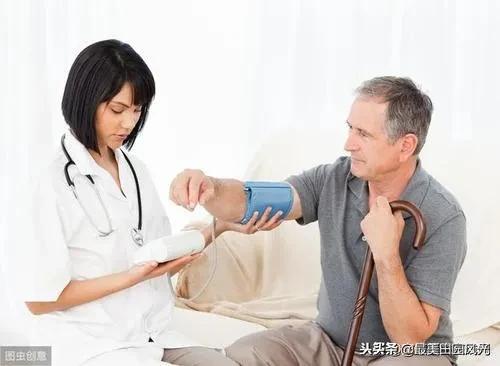
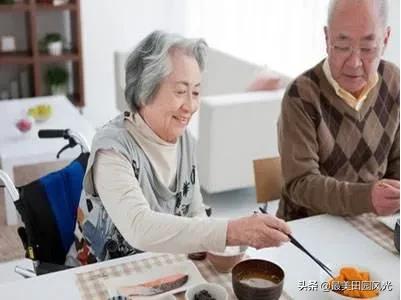
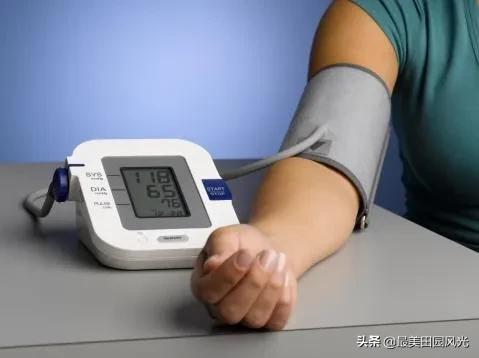
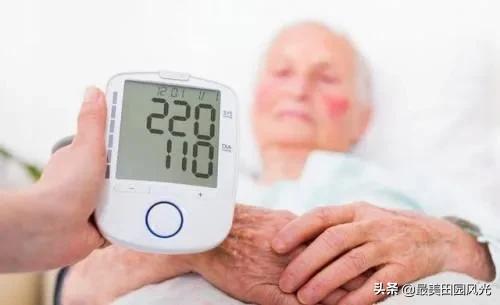
60 years old, can be regarded as a turning point, many people in 60 years old has gradually retired, originally busy life suddenly idle, so many people can not adapt. People to 60 years of age, not only psychological problems, with the decline of physical function, the body is also prone to a variety of problems, blood pressure should be in the 60-90/100-140.
Elderly people need to pay attention to their diet if they want to effectively maintain normal blood pressure in their lives. Improper diet can cause a person's blood pressure to fluctuate significantly. If you often eat foods that are high in salt, then a person's blood pressure will easily rise and may even cause hypertension.
Therefore, it is necessary to pay attention to the dietary aspects of ordinary life, so as to eat a light diet. Especially for the elderly, the sense of taste decreases, and it is easier to eat too much salt. Therefore, it is best to develop a diet plan, so as to maintain the body needs a variety of nutrients supply is sufficient, and at the same time to avoid abnormal fluctuations in blood pressure and bring about physical damage.
(I'm Luo Min, chief physician of a Grade 3A hospital, with more than 30 years of clinical experience in the first line of work of the "old" doctors, my efforts only to harvest everyone's approval, if my answer can help you, I hope you can like, attention, if you have any questions, you can comment or private message me, I will try to help everyone!)

Classification of blood pressure values:
(1) Normal blood pressure: 90-120/60-80 mmHg;
(2) Normal high blood pressure: 130-139/80-89 mmHg;
(3) Hypertension: systolic blood pressure greater than 140 mmHg or diastolic blood pressure greater than 90 mmHg.
Elderly hypertensive patients are kept below 140/90 mmHg when possible
Older people over 65 years of age with hypertension only and no history of coronary artery disease, diabetes, heart failure, atrial fibrillation, kidney disease or stroke are due to keep their blood pressure below 140/90 mmHg.
The process of atherosclerosis, like skin aging, is a result of natural aging with age. the vascular state of the elderly over 65 years of age is inherently worse, and as a result, blood pressure is generally quite elevated, so the range of blood pressures can be appropriately relaxed.
The Chinese guidelines for the treatment of hypertension considerElderly hypertensive patients with blood pressure control of 150/90 mmHg or less is acceptable, especially if the age is over 80 years. However, if the patient is in good general health, has no serious comorbidities and tolerates antihypertensive therapy well, the blood pressure should be lowered to below 140/90 mmHg.
If you are concerned about the complications associated with high blood pressure and blood pressure control, you can refer to our column: "A Guide to Self-Medication for High Blood Pressure and Staying Away from Side Effects".
It is best to keep it within 140 for high pressure and 9O for low pressure!
Blood pressure after 60 years of age is generally clear, high pressure not more than 140 low pressure not less than 80 can be, of course, the pressure difference as small as possible for the best: the elderly should pay attention to the diet, eat less big fish and meat, to clear Dan light some, but also have to eat some appropriate lean meat, eggs, dairy supplemental nutrients. Keep a good attitude, drink plenty of water, sit up for 3-5 minutes before getting dressed and moving around, and take medication if you have high blood pressure to stabilize it.
China's hypertension guideline: the normal range of blood pressure for adults over 18 years old is generally 90-140 mmHg systolic (high pressure), and 60-90 mmHg diastolic (low pressure), and older people over 60 years old also follow this standard, not that older people's blood pressure can be higher! Long-term increase in blood pressure can easily cause damage to heart, brain and kidney target organs.
In advanced age, also known as old age, the criteria for hypertension may be relaxed to 150/90 mm Hg at age ≥ 80 yr. If tolerated, blood pressure is still optimally around 130/80 mm Hg.
Need to pay attention to: low-salt, low-fat, low-sugar diet diet, eat vegetables and fruits rich in vitamin C, quit smoking, avoid drinking alcohol! Appropriate aerobic exercise! Relax and get enough sleep!
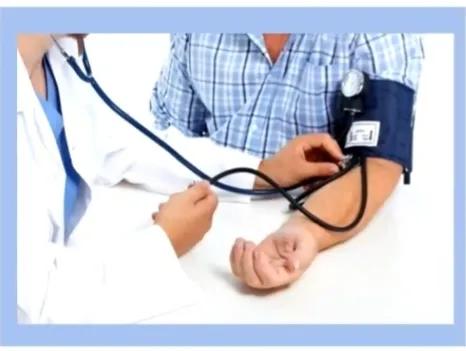
This question and answer are from the site users, does not represent the position of the site, such as infringement, please contact the administrator to delete.